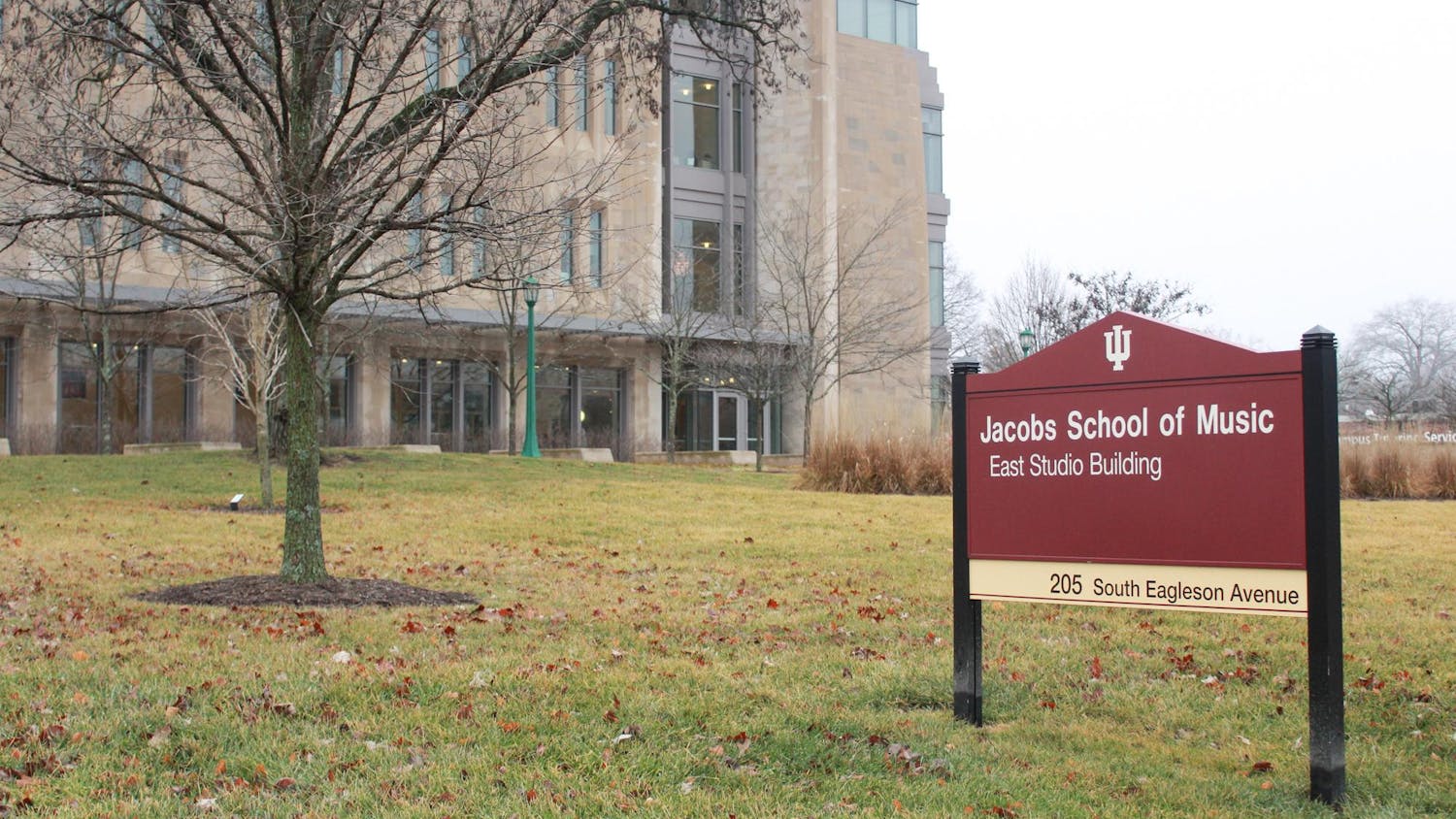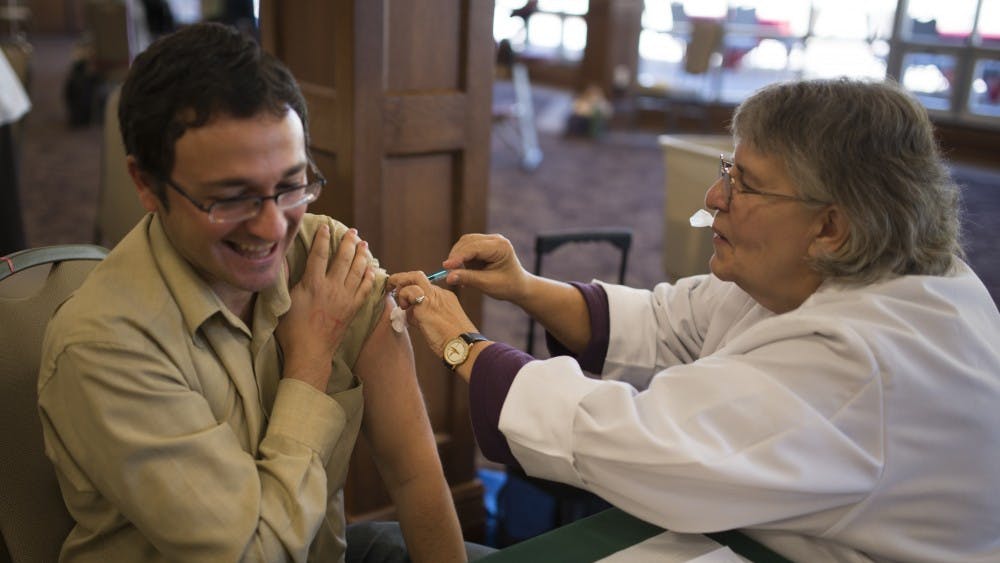When IU students enter a typical dining hall on campus, they commonly reach for a tray, grab some items, check out and enjoy their meals.
However, the Edmondson Traditional Dining Room at the Collins Living-Learning Center might make the decision to get rid of trays in order to help the environment and cut costs.
“We’ve been looking at Collins for a test site to be greener,” said Gina Brooks-Lay, Collins dining manager.
No decision has been made, but Brooks-Lay said she’s working with student groups to get their feedback.
The tray-less trend is sweeping the nation, said Julian Dautremont-Smith, associate director of the Association for the Advancement of Sustainibility in Higher Education.
The organization does not maintain statistics on how many colleges and universities have dumped trays, simply because so many are jumping on the bandwagon each day, he said.
“It seems like it’s new schools everyday, so we don’t have a good count on how many are doing it, unfortunately,” he said.
Colleges that have tried the program found that it reduces waste and water usage.
At the University of Maine at Farmington, for instance, officials cut overall waste by 65,000 pounds and conserved 288,288 gallons of water after they removed trays in February 2007. The total estimated annual savings is $57,000, according to statistics compiled by ARAMARK, the food services company.
Dautremont-Smith said the savings is very appealing to colleges because it’s an easy way to cut costs while still having an environmental impact.
“Also, sustainibility is hot,” he said.
A tray-less program also discourages over-eating, Brooks-Lay said.
“People will get stuff and just throw it on their tray and not eat it,” she said. “So it makes people more mindful of what they’re eating.”
So far, students at Collins have embraced the idea, largely because it supports the environment. A few resident assistants recently tried it and said it wasn’t difficult, she said.
But despite the positive feedback, some students might not be so supportive of the idea, Dautremont-Smith said.
“I think the student reaction is mixed sometimes,” he said. “But, in general, students understood the reason for it and supported that their school was trying to make a positive impact on the environment.”
Freshman Peggy Griesinger said the program doesn’t make sense from a sheer logistics standpoint.
“I’d be against this idea because then there wouldn’t be room for all your food,” said Griesinger, a Collins resident. “I don’t think that’d save me money or resources or whatever.”
Another Collins resident, Julian Wildhack Poyser, said he agreed.
“I think it’d be inconvenient,” he said, “but I understand why they’d do it.”
Brookes-Lay said the dining hall will continue to work with students before making any final decision.
“In this building things are very community-based, and students are involved on every level,” Brookes-Lay said. “I always just start at student council and go from there.”
Whether or not Collins chooses to adopt this idea, Brookes-Lay said it speaks volumes that so many other college campuses are trying it.
“Right now there are no green products for food services that are approved,” she said. “We can’t change people’s eating habits,” she said. “This is one thing we can change, and it’s quick and easy.”
Going ‘tray-less’ to go green
Dining hall at Collins Living-Learning Center may stop using plastic trays
Get stories like this in your inbox
Subscribe





